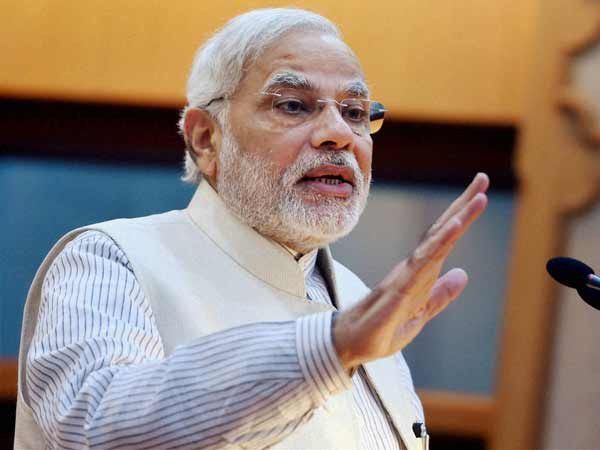
Right to Privacy verdict: Is this a set back to Modi government?
The ruling is a setback for NDA led Narendra Modi government. It will also impact government's Aadhaar policy.
New Delhi, August 24: In a landmark judgment on Thursday, Supreme Court ruled that Right To Privacy is a fundamental right. The 9-judge Constitution bench headed by CJI Justice JS Khehar ruled Right To Privacy protected intrinsically as part of rights under Article 21. Judges unanimously overruled 2 earlier judgments of the apex court that Right To Privacy is not protected under Constitution.

The decision could come as a setback for the Modi government which of late has made quoting of Aadhaar compulsory for accessing social welfare schemes and filing of income tax returns. It has also made connecting Aadhaar with PAN mandatory, that if not done will lead to cancellation of PAN cards, the government had earlier said. The matter had become especially important because Aadhaar - which requires even biometric details of individuals - and data pertaining to it had been found on at least 210 government websites, with full access to the public, before it was taken down.
Constitutional law scholars had said the case would be a litmus test of Indian democracy, with potentially far-reaching consequences if individuals were allowed to challenge laws on the basis of individual rights.
Senior lawyer Prashant Bhushan while speaking to the media outside the Supreme Court said that the nine-judge bench had overruled earlier court observations that said the Right to Privacy was not an absolute right. "Today, the SC has said that Right to Privacy is a Fundamental Right as it is part of Right to Life enshrined under Article 21," Bhushan said.
SC's Right to Privacy ruling on Thursday sets a benchmark for the next apex court sitting that will give a final verdict on the Right to Privacy petition and will also look into whether the government can make Aadhaar compulsory for so many schemes or programmes.
Government termed privacy as a 'vague'
The Attorney General had contended that right to privacy cannot fall in the bracket of fundamental rights and the Centre had termed privacy as a "vague and amorphous" right which cannot be granted primacy to deprive poor people of their rights to life, food and shelter.
Earlier two judgement
The two apex court judgements delivered in the cases of Kharak Singh and M P Sharma, decided by six and eight judge benches respectively, ruled that this right was not a fundamental right. The Kharak Singh judgement was delivered in 1960, the M P Sharma verdict was reported in 1950.
OneIndia News


 Click it and Unblock the Notifications
Click it and Unblock the Notifications


































